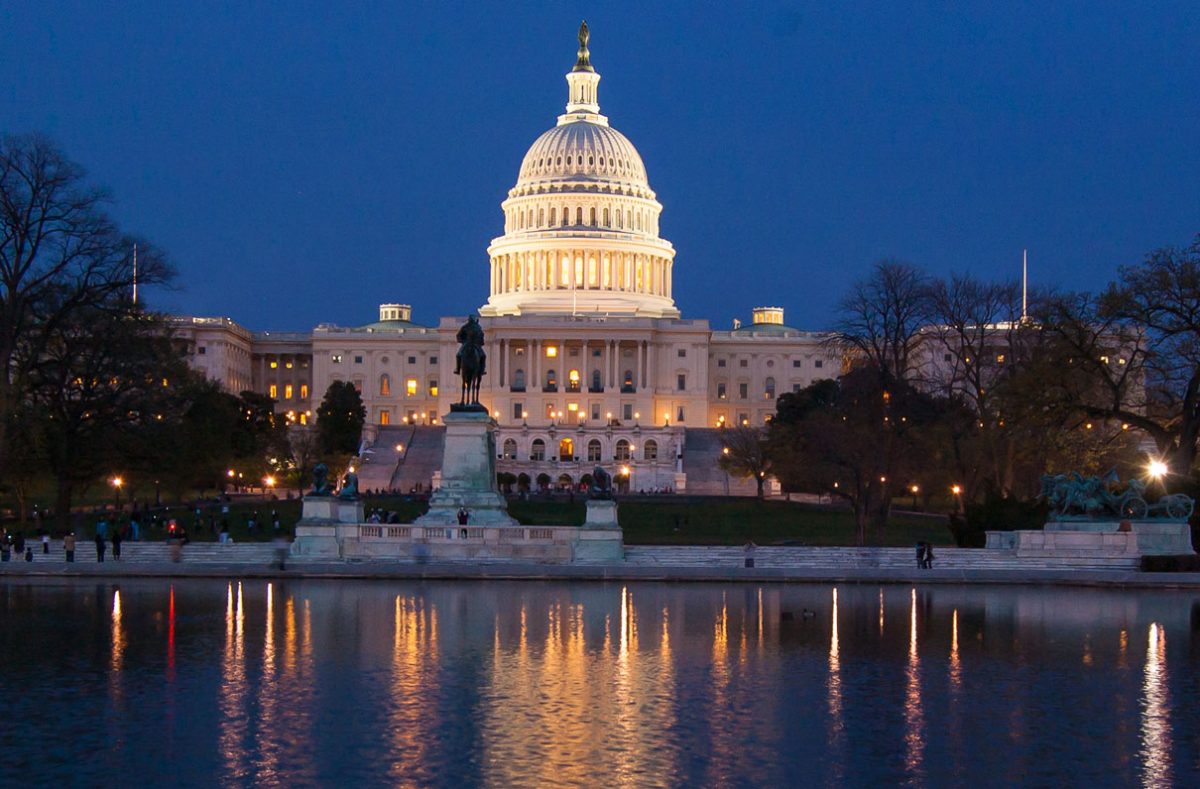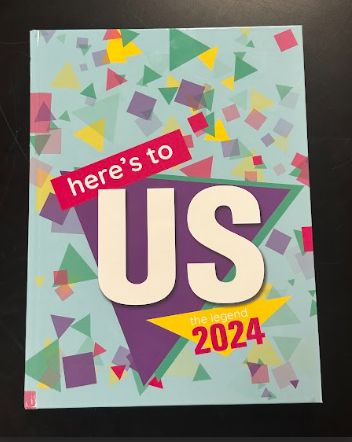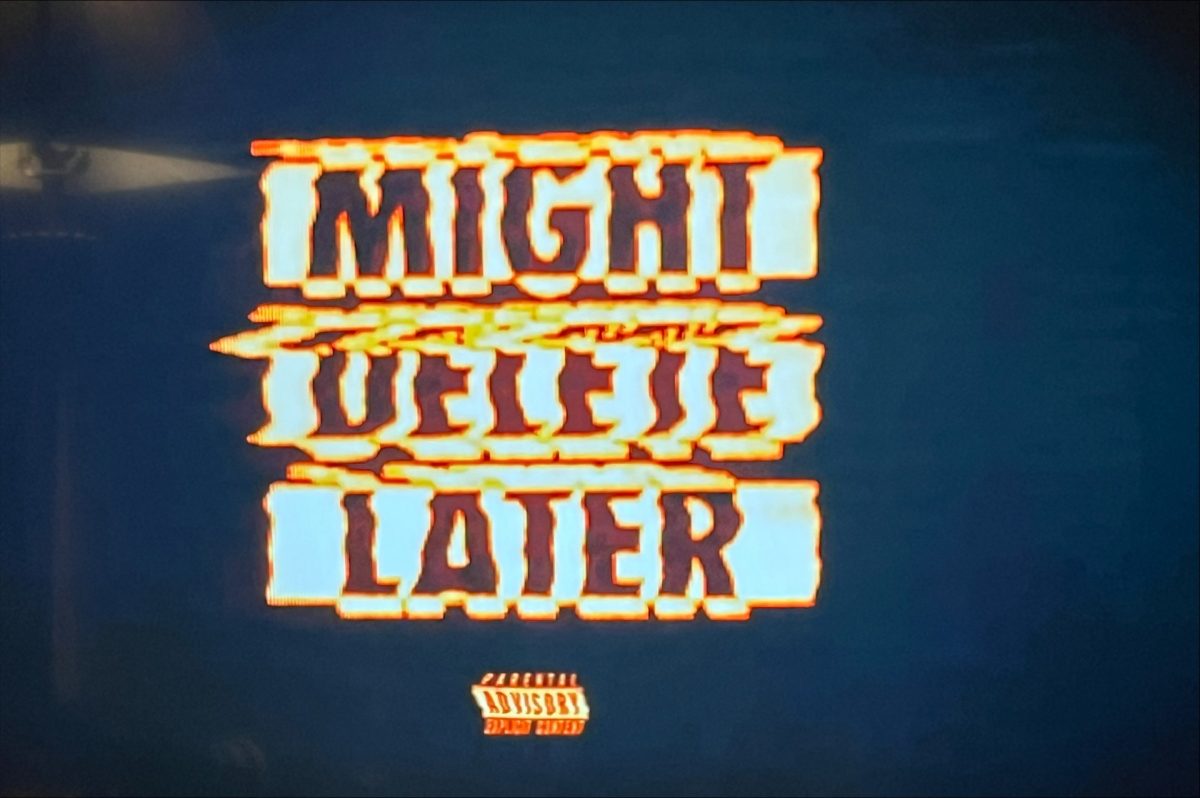To start off, you’re thinking, “What is a government shutdown?” Essentially what a government shutdown is, is when Congress fails to pass some type of funding legislation that is signed into law by the President. Congress is supposed to enact the 12 annual appropriation bills, then federal agencies have to cease all non-essential functions until Congress acts. The last government shutdown from December 22nd, 2018 to January 25, 2019 lasted 35 days, being one of the longest shutdowns in at least 4 decades.
This is most likely leading to some questions, majority of them being how that concerns the people. Small business will have effects in their loans, medical researches would be stalled, including cures for diseases, clean up for good drinking water will be delayed, student aid and student loans would also be disrupted. This effects almost everyone with very different lives, similarly. Everyone needs something, and with government officials being off the job, this would mean huge delays, some bigger for most.
Being in a shutdown for a few days is hard enough, but the long term effects of this would not be good; For example, the GDP (Gross Domestic Product) would go down 0.2% each week that it is in effect. A rise in GDP would signify economic strength, but considering that its going to drop, that would show that the United States has economic weakness, which is not something we want. With a lower GDP, that would mean lower earning and stock prices for the people.
As of now, we know that Biden signed into the stopgap bill, only a couple hours before the deadline at midnight this last Saturday. This helped continue government funding and averted a shutdown completely.









